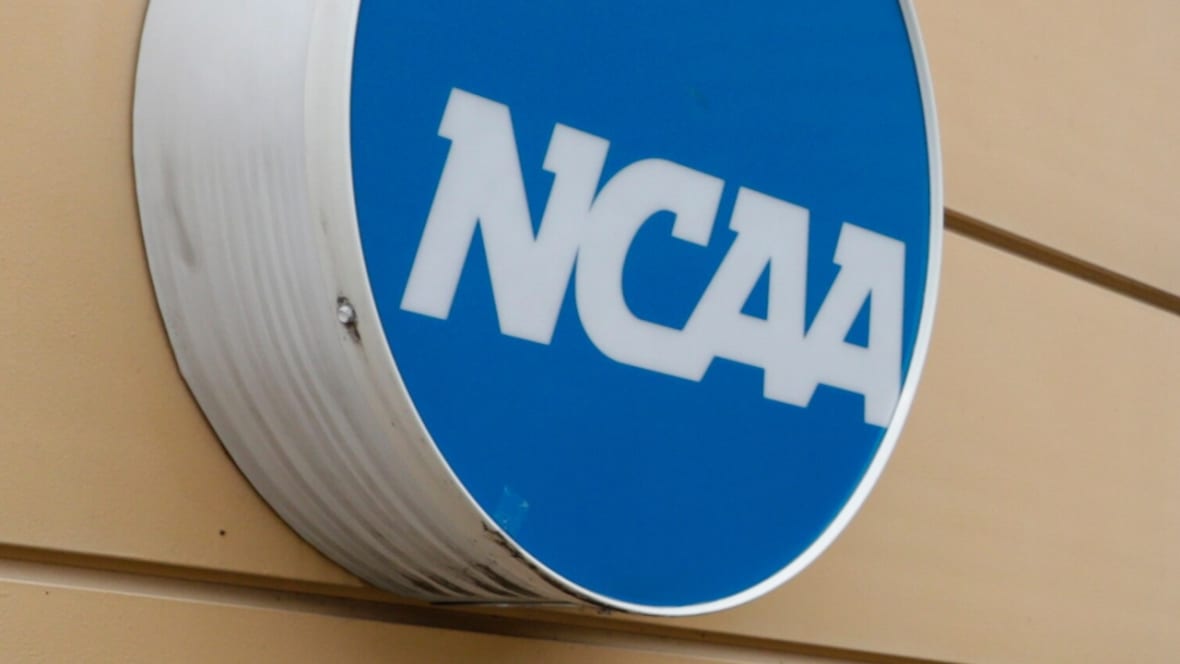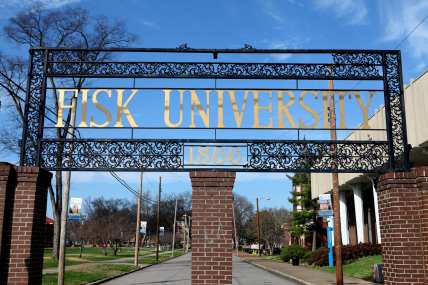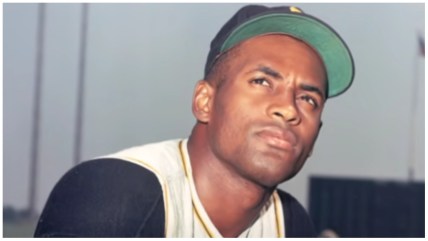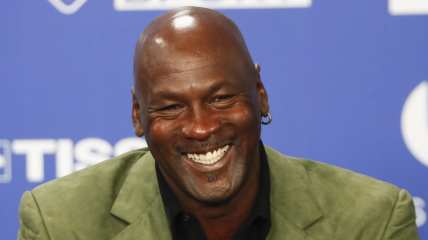NCAA asks US appeals court to block pay for student-athletes
The NCAA asked a federal appeals court to reject a legal effort to make colleges treat Division I athletes like employees and start paying them an hourly wage.
PHILADELPHIA (AP) — The NCAA asked a federal appeals court on Wednesday to reject a legal effort to make colleges treat Division I athletes like employees and start paying them an hourly wage.
Lawyers for the student-athletes said that weekly, they often spend 30 hours or more on their sport and often need money for expenses, even if they are on full scholarship. And they believe the athletes deserve a share in the millions that are spent on coaches, college administrators and facilities — and the billions that networks pay to televise college sports.
They are not seeking pay equivalent to their market value, but only a modest across-the-board pay rate similar to those earned by work-study students, the lawyers said.

“This does not open up a circumstance in which there’s a bidding war (for top talent),” lawyer Michael Willemin said.
The NCAA urged the court to uphold the tradition of college athletes being unpaid amateurs. Critics of the pay-for-play scheme also fear the cost could lead schools to cut sports that don’t generate as much or any revenue while sending more resources to their profitable football and basketball programs.
Lawyer Steven B. Katz, arguing for the NCAA, said a finding that athletes are employees “launches you on the edge of a slippery slope that rapidly takes you to someplace that you don’t want to go.”
As an example, he said that the cost to attend some of the private colleges involved in the case exceed $70,000 a year. The value of a full scholarship would far outweigh the $10,000 to $15,000 the athletes might earn if they were paid a modest hourly wage, he argued.
Katz also said the scholarships could become taxable if the students are deemed employees. And he questioned how teams would function if some students were “paid employees” on scholarship while walk-ons without a scholarship were not.
At least one person on the panel, U.S. Circuit Judge Theodore McKee, seemed to think at least some student-athletes may be employees under the Fair Labor Standards Act — while acknowledging such a finding would create “so many practical problems.”
Would football players at powerhouse schools earn more than swimmers at small schools? What about Division II athletes?
“Maybe that’s where we end up — that the quarterback at the SEC school is an employee and the woman who’s running cross-country track at Alabama, they’re not an employee,” McKee said.
When Katz raised the potential risk of back taxes being owed, McKee cut him off, saying “the case is complicated enough without us going down that” rabbit hole.
A lower court judge had declined to dismiss the lawsuit before it went to trial, prompting the NCAA to appeal. The three-judge panel did not indicate when it would rule.
Willemin, arguing for the students, said the NCAA burdens athletes with rigid rules on gambling, earning outside income and free speech while their school teams further restrict their choices by controlling their class schedule, study halls and at times even their college major. The NCAA could loosen its grip on student-athletes and the case might go away, he suggested.
“The NCAA has turned the idea of student-athlete on its head, even in non-revenue generating sports,” he said. “These are regulations the NCAA can change. They’ve chosen not to change them.”
The case is just the latest one to test the NCAA’s traditional amateurism model — and comes as the organization already faces complicated issues stemming from the advent of “name, image and likeness deals that can top $1 million for the most popular college athletes.
The NCAA also hopes that Congress might weigh in, given a series of setbacks in the courts. They include the unanimous U.S. Supreme Court decision last year that lifted the ban on compensation beyond full scholarships, and lets colleges give athletes education-related benefits such as computers and study abroad program fees.
TheGrio is FREE on your TV via Apple TV, Amazon Fire, Roku and Android TV. Also, please download theGrio mobile apps today!



